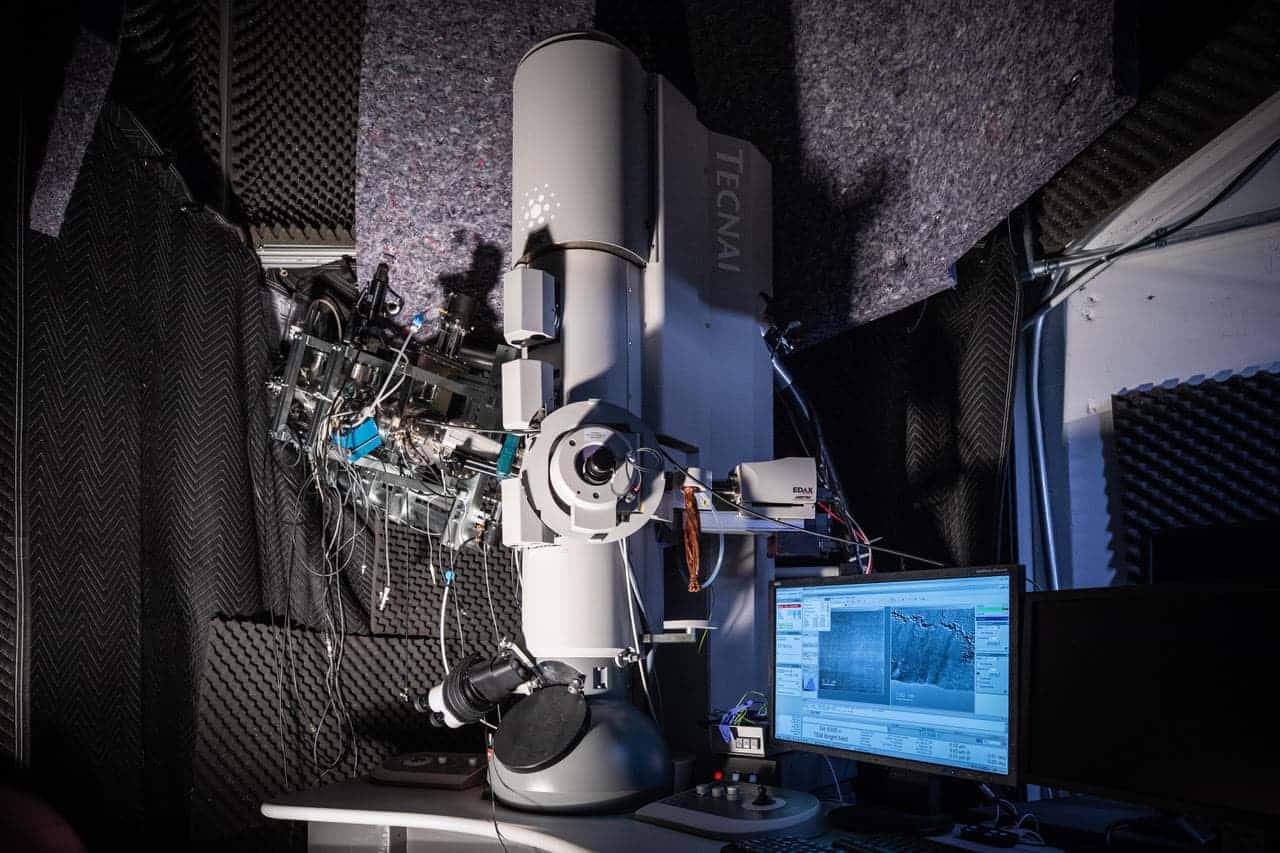
Remembering Don Kania’s legacy of generosity and innovation
The distinguished NERS alumnus had a remarkable career that spanned both government laboratories and the private sector.

The distinguished NERS alumnus had a remarkable career that spanned both government laboratories and the private sector.
The University of Michigan Nuclear Engineering & Radiological Sciences department mourns the loss of Don Raymond Kania, a distinguished alumnus and generous supporter of our department. Don earned his Bachelor’s degree, Master’s degree in Physics, and PhD in Nuclear Engineering from the University, laying the foundation for a remarkable career that spanned both government laboratories and the private sector.
Don’s contributions to our department extended far beyond his academic achievements. He played a pivotal role in advancing our research capabilities by generously donating $1 million towards the purchase of a transmission electron microscope for the Michigan Ion Beam Laboratory (MIBL). This state-of-the-art facility, which allows for dual ion irradiation and real-time analysis of radiation damage, has become an indispensable resource for researchers both within our department and across the nation. Professor Gary Was recalls how Don’s support, combined with contributions from the College of Engineering, made this transformative acquisition possible.
“Don was not only a brilliant mind in nuclear science but also a passionate Michigan hockey fan,” said NERS professor emeritus Gary Was. “I had the pleasure of attending a game with him a few years ago, and his enthusiasm was infectious. His generosity towards MIBL and NERS has had a profound impact, and for that, we are deeply grateful.”
Don’s legacy lives on through the countless students, researchers, and faculty who benefit from the advanced research enabled by his generosity. His commitment to fostering innovation and excellence in nuclear science will be remembered and honored for years to come.
We extend our deepest sympathies to Don’s family, friends, and colleagues. His kindness, vision, and dedication to the field of nuclear engineering have left an indelible mark on our department and the broader scientific community. He will be greatly missed, but his contributions will continue to inspire future generations.